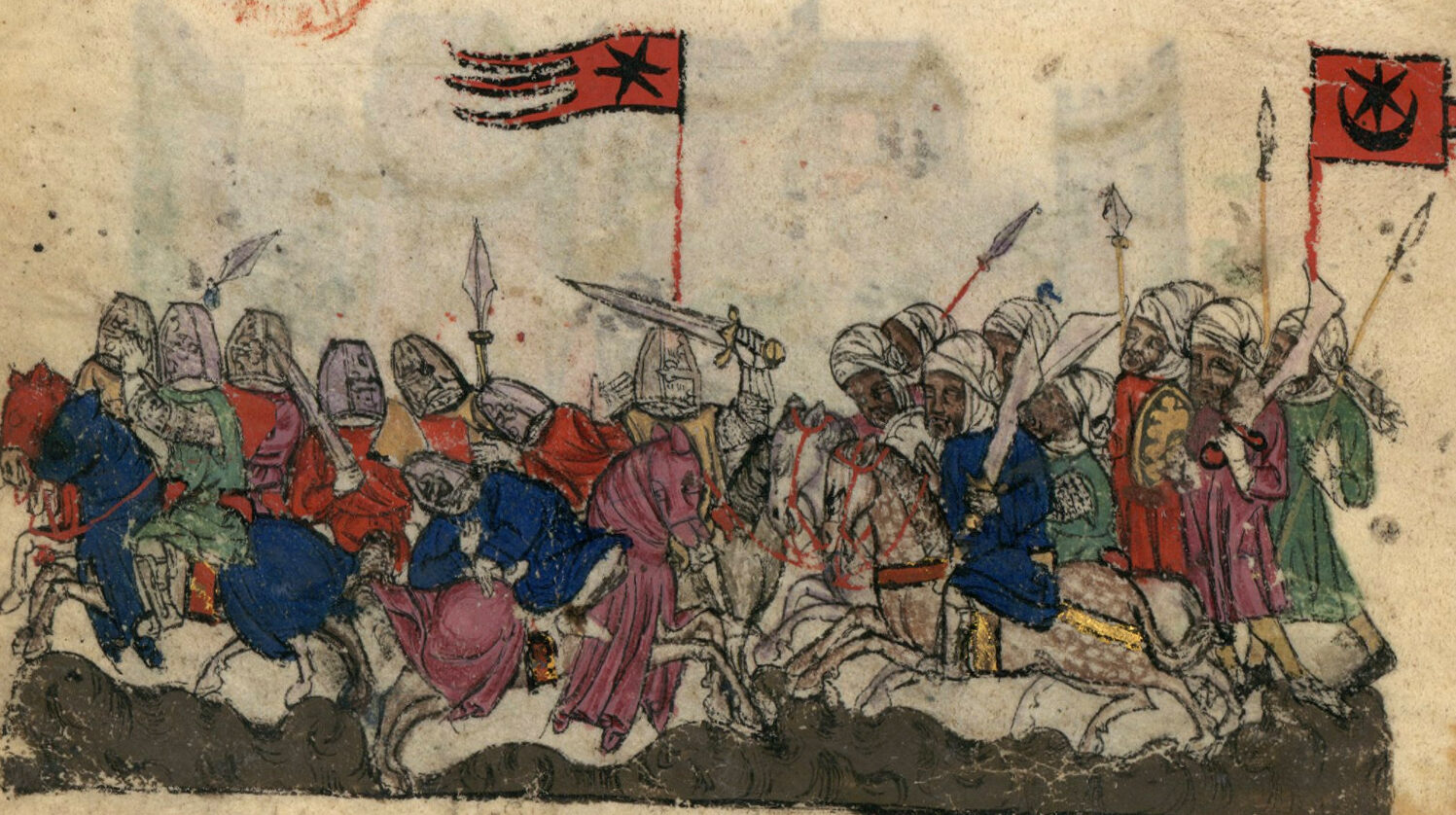The New Generation of Bedouins
Okaz, Saudi Arabia, August 17
The battles of al-Qadisiyyah and the Yarmouk are often considered to be the first appearance of the “Bedouin nation” in the ancient East. For 5,000 years, this nation has been isolated within the Arabian Peninsula, unable to access the rich resources of the Levant. Yet they have come to dominate the energy and money markets to this day. The Bedouins’ first battle was with the Persians and the second with the Romans: a testament to their strength and resilience. The Persians intentionally invaded the Arabian Peninsula long before the advent of Islam in an effort to isolate its people. King Shapur II led a campaign in 325 CE, targeting the eastern and northern regions of the peninsula to limit the residents’ access to Iraq, which was already controlled by the Sassanids. Around the same time, Abyssinian King Abraha al-Ashram set out to attack Mecca in a bid to crush the growing religious authority in the area. The Bedouins, who had humble beginnings but grew in power after their victories in Yarmouk and al-Qadisiyyah, had an advanced civilization greater than that of Persia and Rome. Sadly, the glory of this civilization failed to percolate back to the Arabian Peninsula. The natives were no longer as willing to make a return journey, possibly due to transportation difficulties or other impediments. For over twelve centuries, the same Bedouin descendants who liberated the Levant, Egypt, and Iraq from non-Arab populations have established powerful Umayyad, Abbasid, and Andalusian civilizations. Now, they have applied their knowledge and constructed a civilizational project on their own Arab island. The descendants of these Bedouins are the people today responsible for creating Aramco, projects like Neom [an innovative economic zone], Qiddiya [an entertainment megaproject], and The Line [a smart city], as well as their own electric cars and drones. They have developed a massive economy that is now among the 20 largest in the world. King Abdulaziz, the young Bedouin who unified most of the Arabian Peninsula, was a monumental figure in the history of the Middle East. Mohammed Al-Thubaiti, a renowned Bedouin poet from the Hawazin tribe, revolutionized Arab literature with his modernist works. Mohammed Abdu, a singer from the mountains of Asir, captivated audiences with his incomparable voice. Similarly, Abdul Majeed Abdullah from Al-Qunfudhah moved the hearts of young men and women everywhere with his touching songs. Last but not least, the illustrious physician, Dr. Abdullah bin Abdulaziz Al Rabeeah from Najd, received international acclaim for successfully performing the separation of conjoined twins. Saudi Arabia has achieved major strides in the international sphere thanks to honorable men and women. Moreover, two satellite television channels, Al Arabiya and MBC, have played an instrumental role in Arab media, both having been managed by Saudis for more than thirty years. All of these individuals have served to strengthen the Saudi presence globally and bring positive recognition to the nation. The Bedouins of Saudi Arabia hail from the deserts, mountains, and plains. They have urbanized or partially urbanized, but they have neither forgotten their origins of living in tents and mud houses, nor have they relinquished their love of dates and coffee. They set out to advance their knowledge and learning while striving for modernity. Saudis and Bedouins have achieved impressive levels of modernization, without supplanting the efforts of others. Rather, they have forged a path unique to their own culture and identity. This progress, however, has not been without adversity, as some have sought to impede their endeavors. Yet, propelled by ambition, Saudis and Bedouins have persevered and surpassed expectations. —Muhammad al-Saed (translated by Asaf Zilberfarb)
Give the gift of hope
We practice what we preach:
accurate, fearless journalism. But we can't do it alone.
- On the ground in Gaza, Syria, Israel, Egypt, Pakistan, and more
- Our program trained more than 100 journalists
- Calling out fake news and reporting real facts
- On the ground in Gaza, Syria, Israel, Egypt, Pakistan, and more
- Our program trained more than 100 journalists
- Calling out fake news and reporting real facts
Join us.
Support The Media Line. Save democracy.



